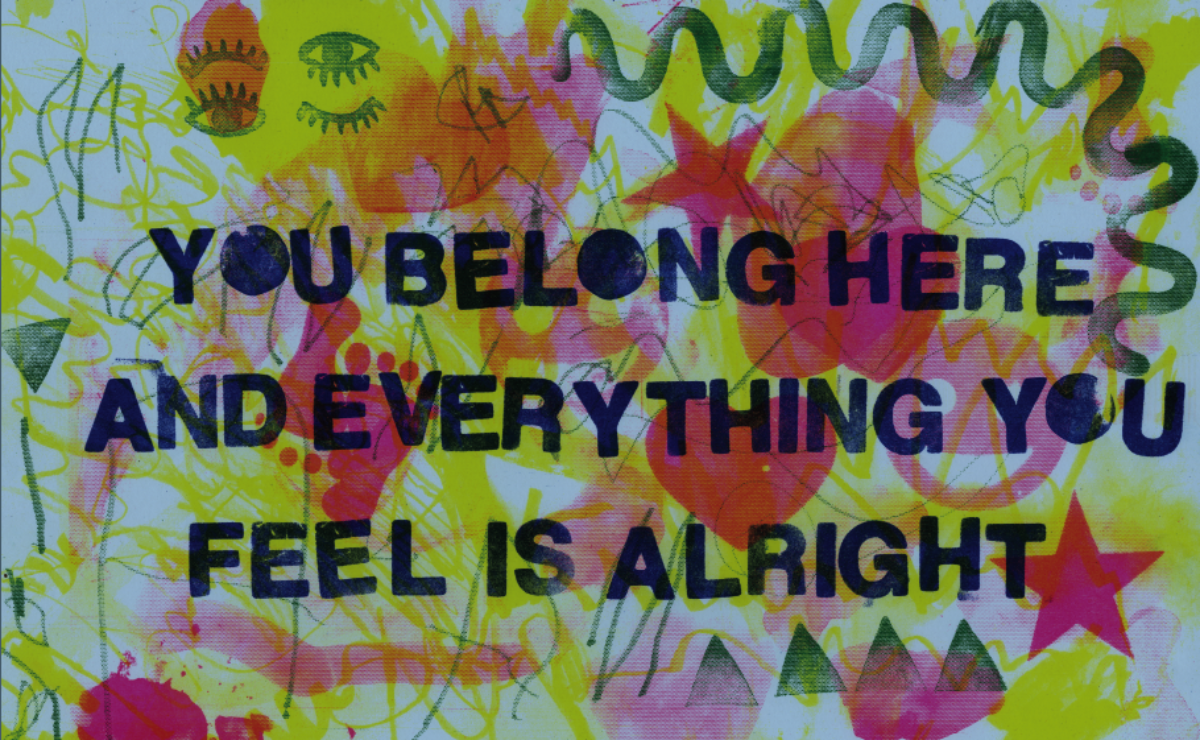After reading some of the passages for this week (but in particular the Susan B. Anthony Speech Text) I was astounded by how similar the words used between the struggle for abolition and that for suffrage are. In 1873, women understood that neither all men nor women can be equal until black, Native, and anything in between men and women are. I think it is so refreshing to know that this consensus existed in the 19th century, that the regard for human life and democracy isn’t a contemporary phenomenon. Anthony makes the point clear when she states that “It was we the people- not we white male citizens- nor yet we male citizens”. She is literally pointing each injustice that existed at the time, that currently exists, and where we can begin to start achieving true exercise of the rights our “fathers” constituted for this country in 1787. Therefore, the words of this woman, as well as the words of Angelina Grimke (whose use of verses is the first time I have ever been on board with utilizing the Bible to make a point) are advocating for freedom.
These suffragettes recognize that the pursuit of liberation must be intersectional, because there is more than one group of citizens being denied their rights; women their right to vote, and black Americans the right to own property, exist autonomously, the list goes on. Anthony time and time again illustrates with concise language and full clarity, the ultimate and only role of a government to its people. It is not to decide nor allow rights for individuals, but to establish and ordain these “God-given” and unalienable rights. It is to “secure the people in the enjoyment” of these exact rights, which are again, not to be decided by a government. And in reference to the same constitution that establishes these rights to its citizens, “there is no provision in that document that can be fairly construed into a permission to the states to deprive any class of their citizens of their rights to vote.”
The point being, that the arguments presented by these women may be applied to the struggle of any marginalized group or minority that is a citizen of the United States. This is to be applied to the freed slaves who suddenly had autonomy yet lacked the ability to read or write about said autonomy, as well as it can be applied to the literate white women who understood their rights in this country as a citizen of it, but lacked the autonomy to exercise them. Taxation without representation is tyranny, and both of these aforementioned groups were expected to pay this government.
